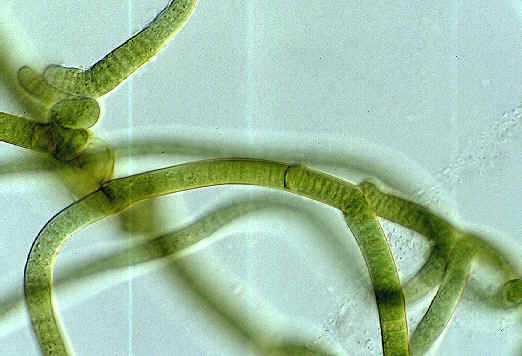A dozen exotic bacteria are found to passively collect rare earth elements from wastewater
Date: 10.3.2023
Rare earth elements (REEs) are a group of 17 chemically similar metals, which got their name because they typically occur at low concentrations (between 0.5 and 67 parts per million) within Earth's crust.
 Because they are indispensable in modern technology such as light-emitting diodes, mobile phones, electromotors, wind turbines, hard disks, cameras, magnets and low-energy lightbulbs, the demand for them has increased steadily over the past few decades, and is predicted to rise further by 2030.
Because they are indispensable in modern technology such as light-emitting diodes, mobile phones, electromotors, wind turbines, hard disks, cameras, magnets and low-energy lightbulbs, the demand for them has increased steadily over the past few decades, and is predicted to rise further by 2030.
The advantages of moving from a wasteful "linear" economy to a "circular" economy, where all resources are recycled and reused, are obvious. So could we recycle REEs more efficiently, too?
In Frontiers in Bioengineering and Biotechnology, German scientists have shown that the answer is yes: The biomass of some exotic photosynthetic cyanobacteria can efficiently absorb REEs from wastewater; for example those derived from mining, metallurgy, or the recycling of e-waste. The absorbed REEs can afterwards be washed from the biomass and collected for reuse.
The authors found that an uncharacterized new species of Nostoc had the highest capacity for biosorption of ions of REEs from aqueous solutions, with efficiencies between 84.2 and 91.5 mg per g biomass, while Scytonema hyalinum had the lowest efficiency at 15.5 to 21.2 mg per g. Also efficient were Synechococcus elongates, Desmonostoc muscorum, Calothrix brevissima, and an uncharacterized new species of Komarekiella.
Biosorption was found to depend strongly on acidity: it was highest at a pH of between five and six, and decreased steadily in more acid solutions.
Image source:
Jeff Johansen (John Carroll University), Mark Schneegurt (Wichita State
University), and Cyanosite, supported by Purdue University.























